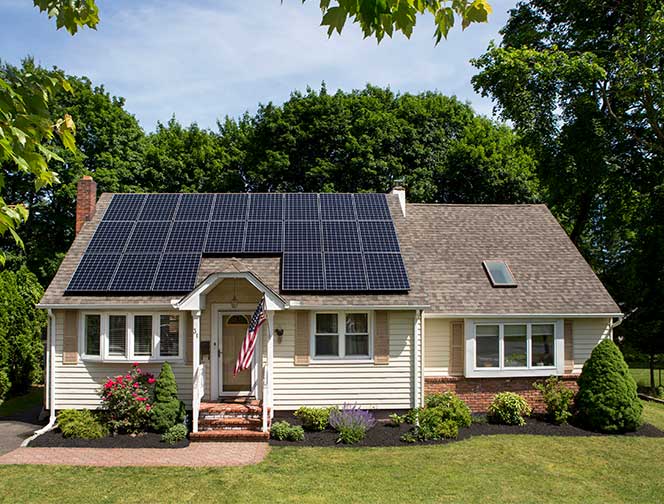Now in the thick of summer, the nation’s first major heatwave has brought sweltering heat and back-to-back days with record highs. Homeowners from California to New York are cranking up the AC to achieve relief. Unfortunately, turning down the thermostat also results in an increase in your utility bill. And with more people working from home than ever before, the air conditioner is more active throughout those long summer days.
Following are five tips that will help green-minded homeowners conserve energy and help save a few dollars along the way.
1. Change Air Filters Regularly
When air filters get clogged up with dirt, dust, and other pollutants, they form a barrier between the air conditioner and the room it is trying to cool down. This leads to the air conditioner having to work harder than it should. Changing filters on a regular basis can prevent this from happening and take the strain off of the air conditioning unit. There are even monthly subscriptions available for homeowners who want to receive a clean filter delivery each month.
2. Plant Strategically
Trees and shrubs can help shade a home and reduce the amount of light that filters in. It’s an eco-friendly way to control the summer heat while also reducing your carbon footprint. Placing native plants around areas of the home that get hit hardest by the sun can provide protection for years to come. However, homeowners who currently have or are contemplating a solar system shouldn’t plant trees too close to the roofline or in areas that could block solar panels from collecting full sunlight.
3. Adjust Ceiling Fans
Both ceiling fans and standing fans can help cool down a home, allowing the air conditioning unit to keep its set temperature without much work. Ceiling fans can be adjusted seasonally to maximize their output. During the summer months, fans should be set to rotate counterclockwise at a high speed. This will push air downward, instead of towards the ceiling, to fill the room with cool air. Just remember ceiling fans cool people, not rooms. Turn it off if the room is empty.
4. Reduce Appliance Usage During Peak Hours
There are many appliances in a home that generate a lot of heat, including the stove, dishwasher, and dryer. While it may take some planning, modifications during the hottest time of the day can make a big impact. Try alternatives like washing dishes by hand or using recyclable plates and utensils, grilling outside, and air-drying laundry.
5. Consider Solar Power
Because solar power is generated from the sun, it’s no surprise that summer is the perfect time for a solar system to shine. A home that produces its own energy is able to stay cool all season long without hiked electricity bills. To benefit from even more savings now is a great time to begin the process of going solar. Qualified homeowners with a solar system can take advantage of the federal solar tax credit (ITC). The tax credit currently available is expected to drop in 2021 and then discontinue altogether after that. While there may still be relief provided by various states in the form of rebates or other incentives, the former federal solar investment tax credits will run out.
SunPower solar panels are highly efficient and feature Maxeon cell technology that captures various forms of light, including infrared and ultraviolet light. A SunPower solar array produces more power than conventional solar panels in less space, leaving homeowners with a sleek and attractive roof installation.
SunPower is a great solution for homeowners looking to enjoy the summer months without the surprise of extra charges or unexpected costs. To learn more about how a SunPower solar system can enhance your home, contact a solar consultant.
This post originally appeared on the SunPower Resource Blog.








